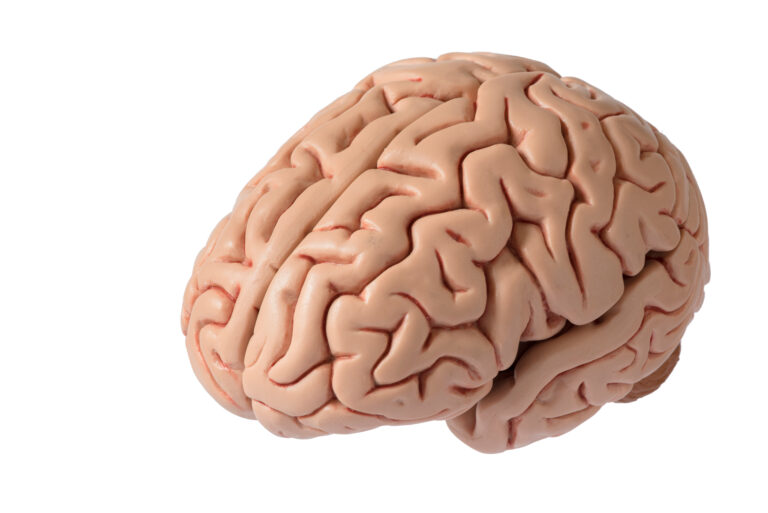**Is Quetiapine Linked to Dementia in the Elderly?**
Quetiapine, a medication often used to treat conditions like schizophrenia and bipolar disorder, is sometimes prescribed off-label for dementia-related symptoms such as agitation or aggression. However, research shows it may pose serious risks for older adults with dementia—though it doesn’t directly *cause* dementia itself. Here’s what you need to know:
—
### **How Quetiapine Is Used in Dementia Care**
Doctors sometimes prescribe quetiapine to manage behavioral issues in dementia patients, such as severe restlessness or hallucinations[4][5]. Studies suggest it can help reduce agitation and shorten delirium episodes in hospital settings[1]. However, guidelines increasingly warn against routine use due to safety concerns[3][4].
—
### **Key Risks for Elderly Patients**
1. **Higher Risk of Stroke and Blood Clots**: Antipsychotics like quetiapine are linked to a 1.3–2 times greater risk of strokes or venous clots in dementia patients compared to those not taking these drugs[2][4].
2. **Increased Mortality**: Older adults taking antipsychotics face a 1.2–1.6 times higher risk of death within months of starting treatment, especially if they have severe dementia or other health issues[4][5].
3. **No “Safer” Option**: Quetiapine isn’t safer than older antipsychotics when it comes to stroke or death risks[4]. Higher doses, advanced age, and vascular dementia further increase dangers[4][5].
—
### **Why Guidelines Are Cautious**
Recent studies show that even short-term use (under 30 days) can raise mortality risks, with effects lasting up to two years[4]. Regulatory warnings now urge doctors to avoid antipsychotics unless absolutely necessary—and only after non-drug approaches (like therapy or environmental changes) fail[3][5].
—
### **The Bottom Line**
Quetiapine isn’t directly linked to *causing* dementia but carries significant risks for those already diagnosed with it. Families should discuss alternative treatments first and reserve medications like quetiapine for severe cases where benefits clearly outweigh harms[1][4][5].





